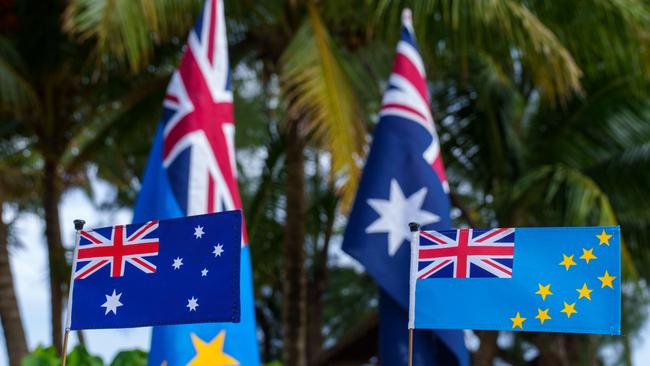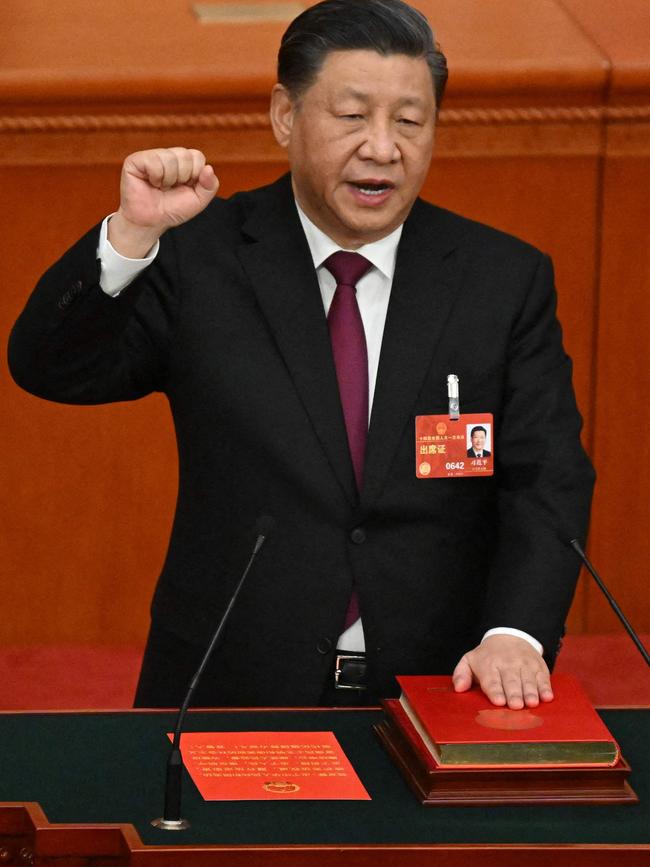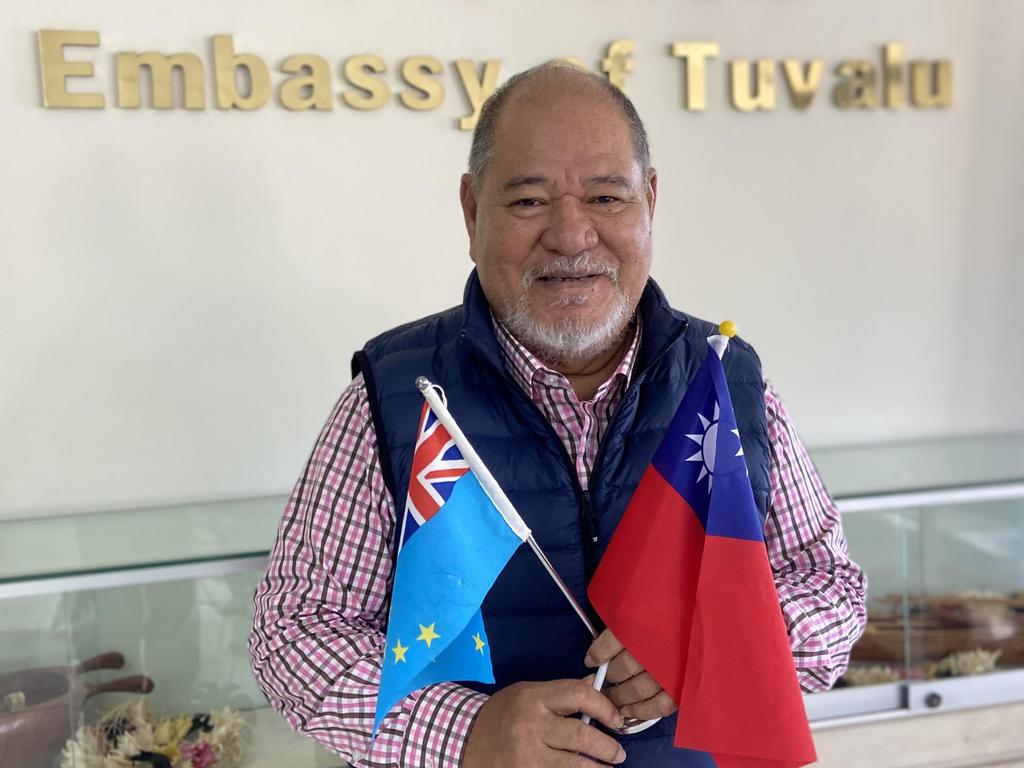
Perhaps surprisingly, it does. Beijing is ratcheting up its tools of persuasion, winning over decision-makers in Nauru and seeking to do the same in Tuvalu, then potentially in Palau and Marshall Islands, Taiwan’s final Pacific partners.
Australia can make a unique difference to such scattered populations, most suffering a tyranny of distance. We can help by connecting them, providing them with economic opportunities, and encouraging healthy development and democratic paths. To do so means being seen to value such islanders for themselves, rather than as pieces in a strategic chess game. It means sending consistent messages, rather than celebrating “stabilising” and fostering business growth with China here in Australia while “alerting” our neighbours to choose otherwise.

It means incentivising our businesses for Pacific involvement, and it means developing a Pacific-¬focused diplomatic cadre, as China has done. We can also encourage islanders to learn for themselves, more about the history, the motivations, the ideologies at play among those who seek their allegiance – for instance, fostering questions about the Chinese Communist Party’s core goals, about key climate change truths, and about the political and social evolution of Taiwan, including its Indigenous people from whom the Pacific islanders originally came.
China makes thorough use of a growing bloc of supportive Pacific votes at the UN, where for instance Papua New Guinea backed its subjugation of Hong Kong. Too many island politicians will agree with whoever takes the trouble to visit, will support serial security deals from competing countries, and may switch loyalties frequently. The core reason for such opportunism, is that half a century after the global wave of decolonisation hit the Pacific, most of the 14 independent countries there are struggling, only four of them bobbing up about halfway in the UN’s Human Development Index, with the rest languishing in the bottom third.

The island states are democracies, but their politics are largely personality-focused, transactional, and policy-free. International or security issues scarcely weigh on the minds of most citizens. Sovereignty is conceived in some Pacific elites as a core asset capable of monetisation, comparable only with access to fish stocks. It’s simpler to sell sovereignty than to improve health and education, maintain roads and wharves, and attract job-creating investment. Since 1998, for instance, Tuvalu has been selling its internet domain address (.tv), now earning it about $15m a year. Vanuatu and the Cook Islands are tax havens.
But it is national diplomatic alignments that arouse dreams of the big bucks. After winning in the 1970s Western support for its UN membership and for the expulsion of Taiwan, China sought to suck all international oxygen from Taiwan.
Canberra, which had been trusted by its democratic friends, especially the US, to “manage” the Pacific as a kind of sphere of influence, became exasperated as China and Taiwan competed for loyalty. But, while successive Taiwan governments pulled back from this chequebook diplomacy, Beijing has recently redoubled its efforts to pursue Taiwan’s allies.

And a new influence battle has emerged between China and the democratic world, including the Quad – Australia, the US, India and Japan, the latter’s Pacific role important but largely unheralded. Aid is a big part of this Great Game: we are criticised for loading it with conditions, but China’s aid also carries conditions – including political support, “unswerving adherence” to Beijing’s own One China policy, and the use of its own rather than local workers – and can result in the delocalisation of basic business.
Australia has special advantages in seeking to use its influence for good. It is a member of the paramount regional body, the Pacific Islands Forum. It is physically close. It welcomes some island migrants and temporary workers, whose remittances are prized. Its tourists are important. Many islanders – beyond their elites – share the interests and values of many Australians. We’re not going away. But we need to pay attention, and not just as alliances or deals are struck or unpicked.
Rowan Callick is an industry fellow at Griffith University’s Asia Institute.








Does it really matter whether island states with 12,000 or so inhabitants, such as Nauru and Tuvalu, diplomatically recognise Taiwan or the People’s Republic of China, both, or neither?